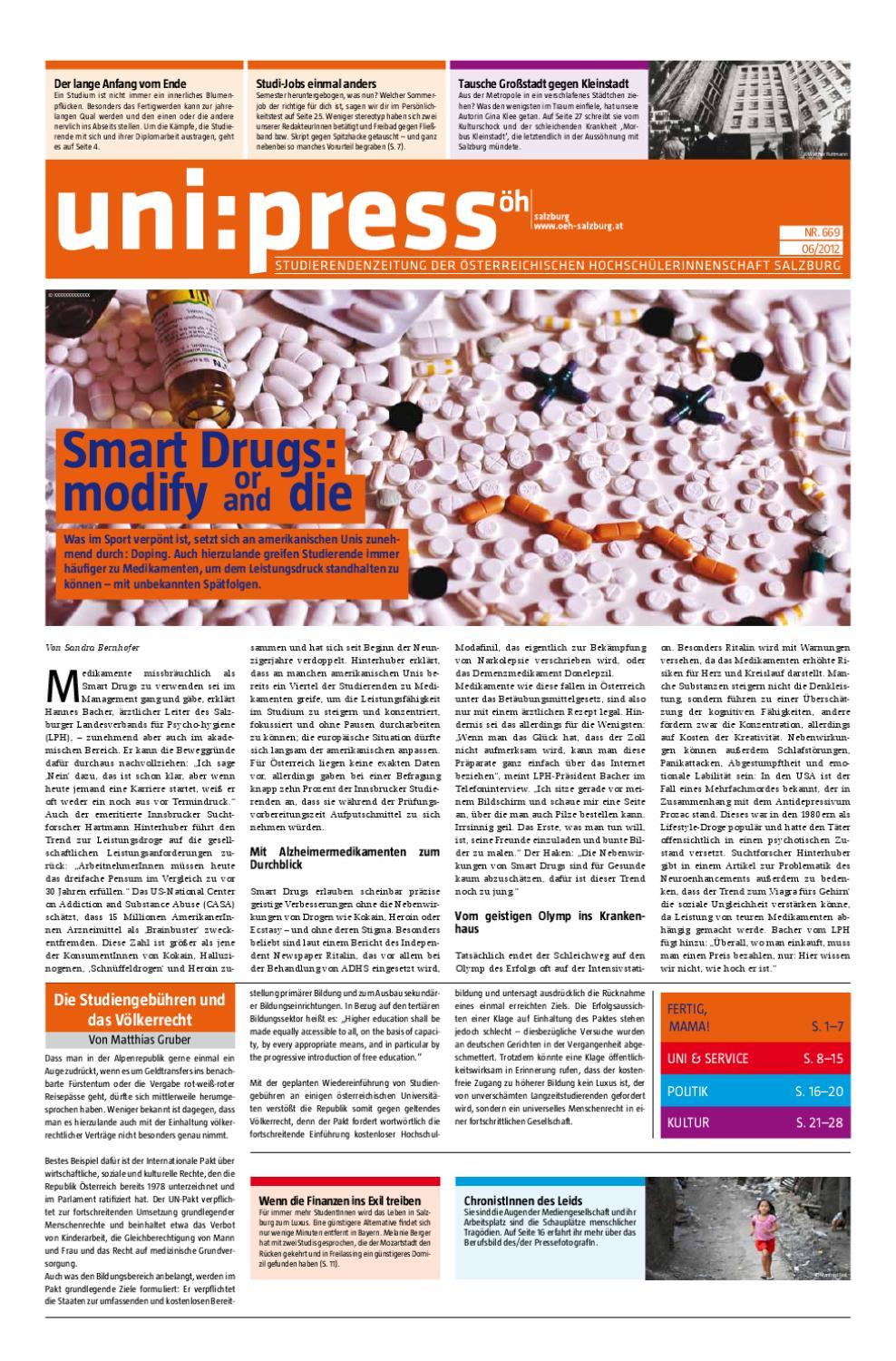
Image: imago imagesPeter LittgerTo the column overview: More success with English
When they speak English, it is precisely the strata that have been formed that sometimes lack education: with underground pronunciation. With pompous words like thematise or instrumentalise - and with the illusion that their English freestyle is understood.

"I'm welcome you!" says Professor Christoph Meinel - and I'm amazed. After all, the director of the Hasso Plattner Institute in Potsdam is speaking: an academic institution with an international reputation and excellent connections to Stanford, California. From a distance, I always thought of the HPI as a haven of multilingualism – a German Mecca for disruption and digitization, where design thinking is taught to solve problems. Our favorite foreign language, English, should not be foreign there!
The chef's web videos have raised doubts. Not only that he often says "didschl" when he wants to say digital. Or lounge instead of launch. Or “plactic ideas” what – solly! – sounds a bit Chinese and is supposed to mean practical ideas.
Pronunciation errors are rarely a drama. However, I don't understand what's so difficult about pronouncing device like "she-knows". Also, "insentivising" does not immediately imply incentivising. And why is he promoting "design sinking" and saying "we have to sink" if that just sounds underground?







